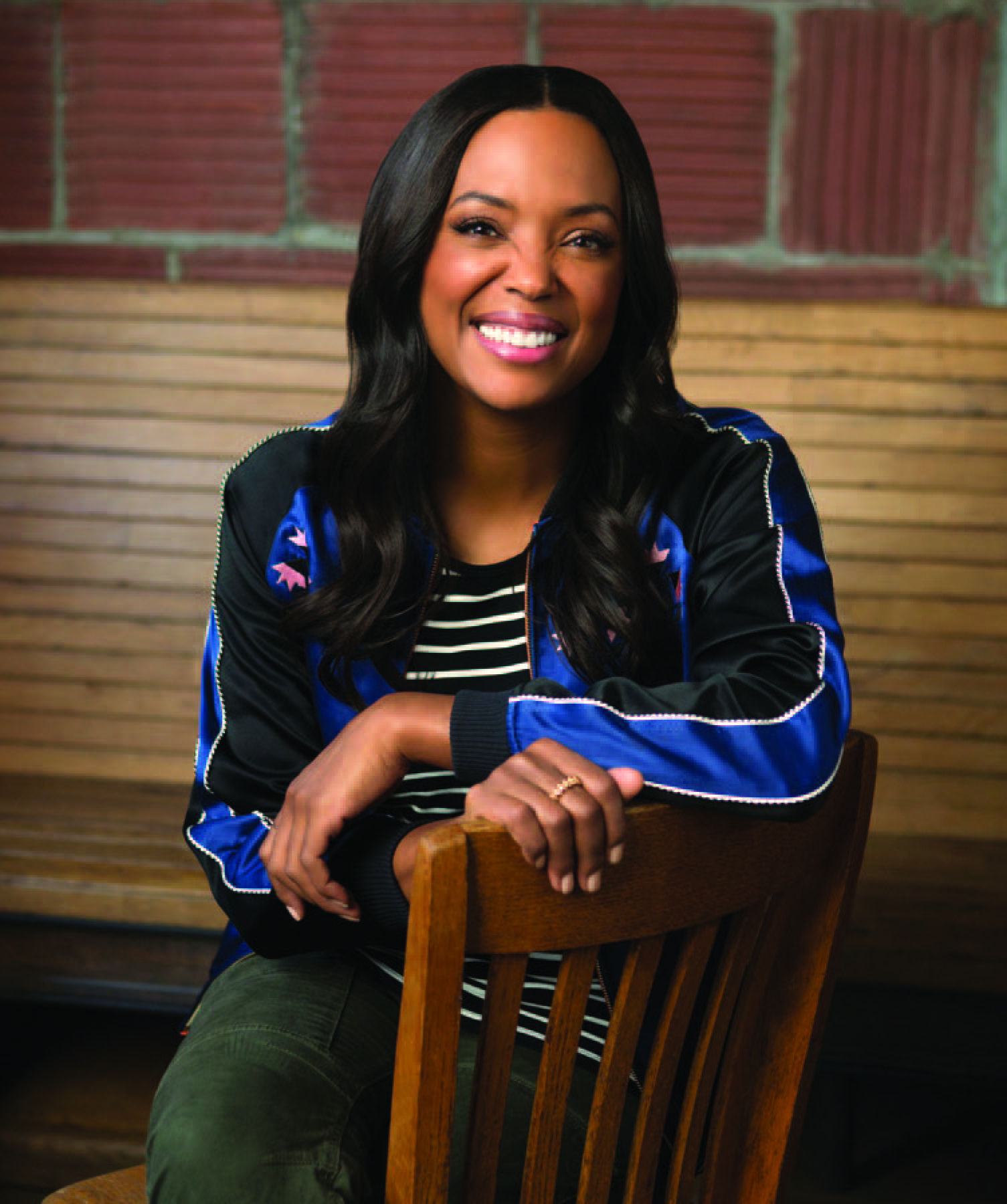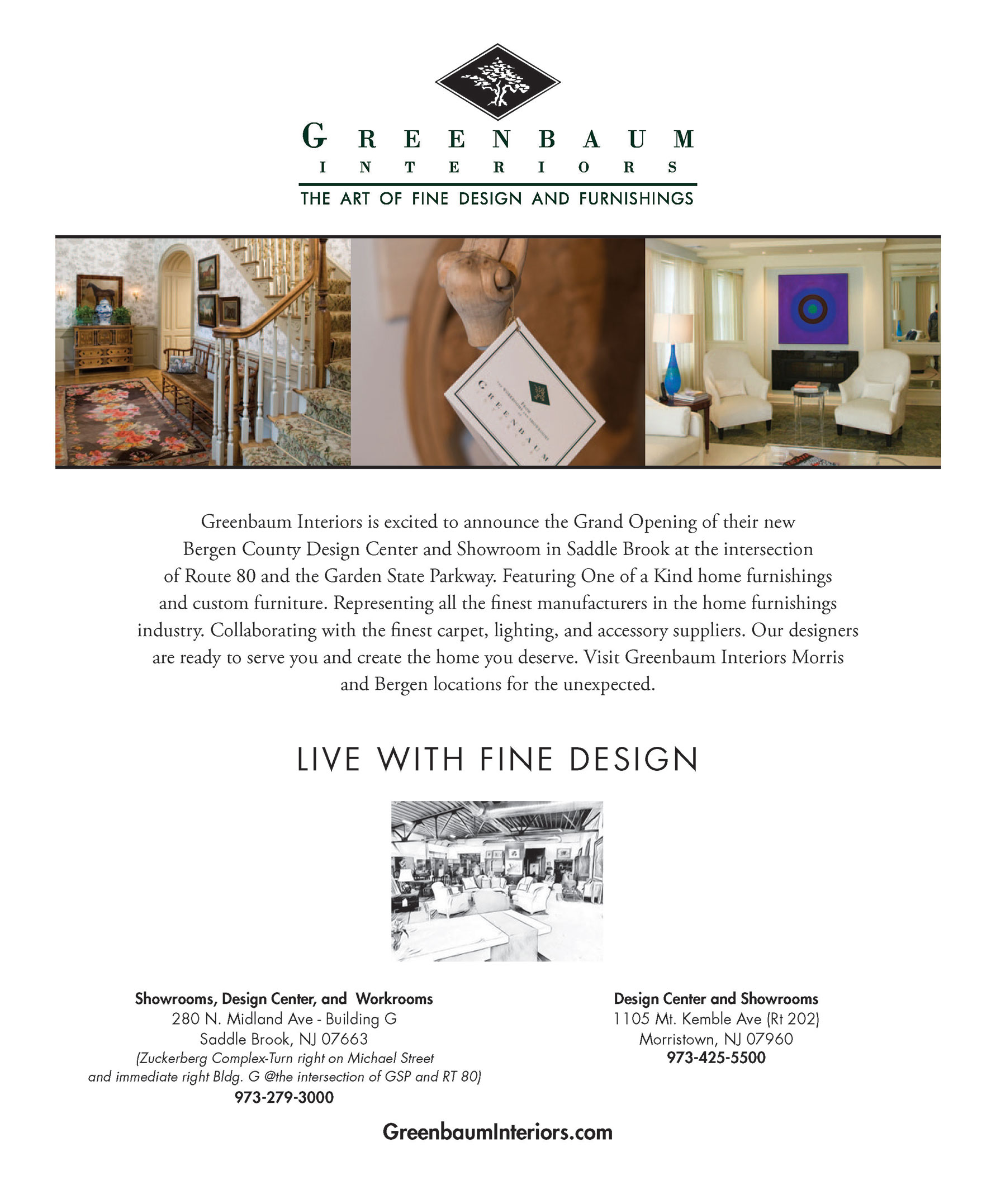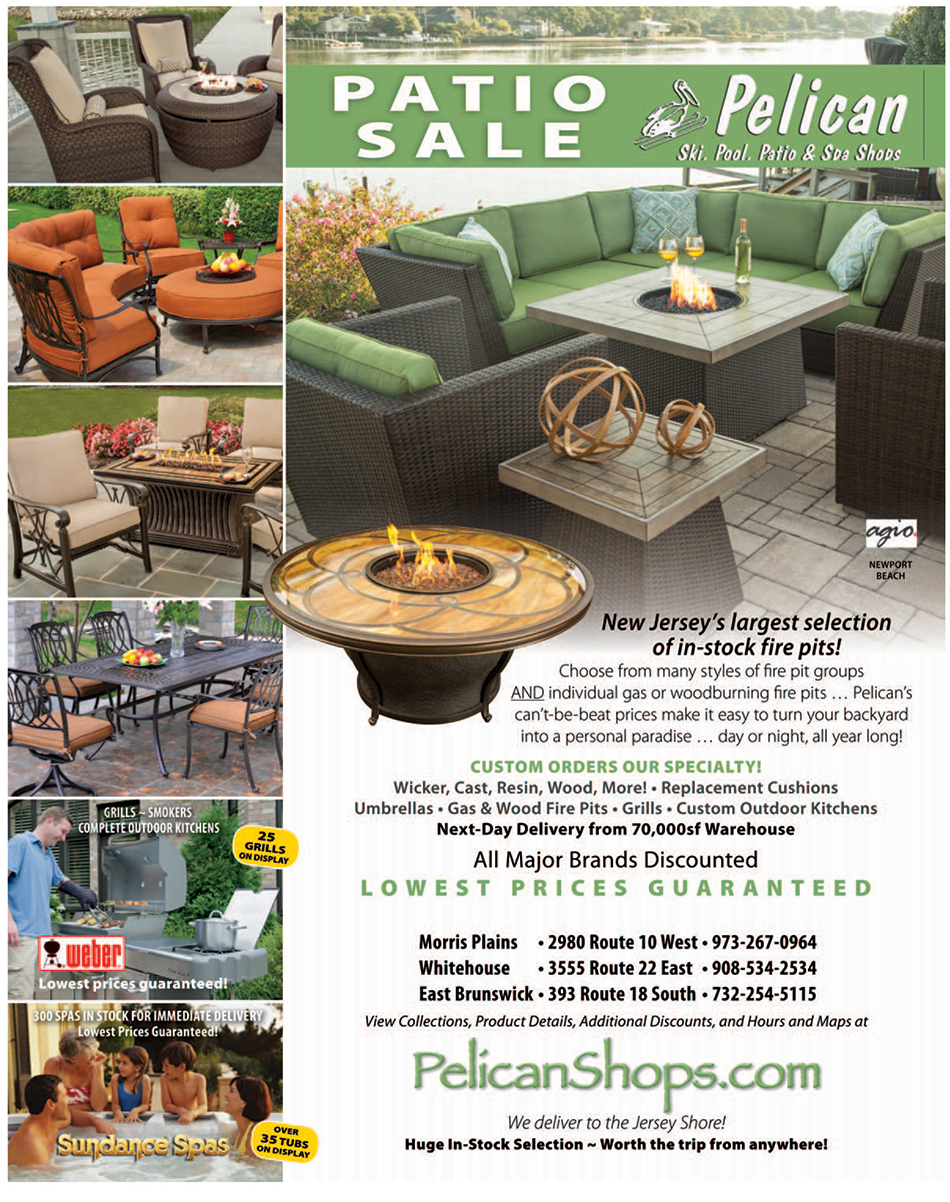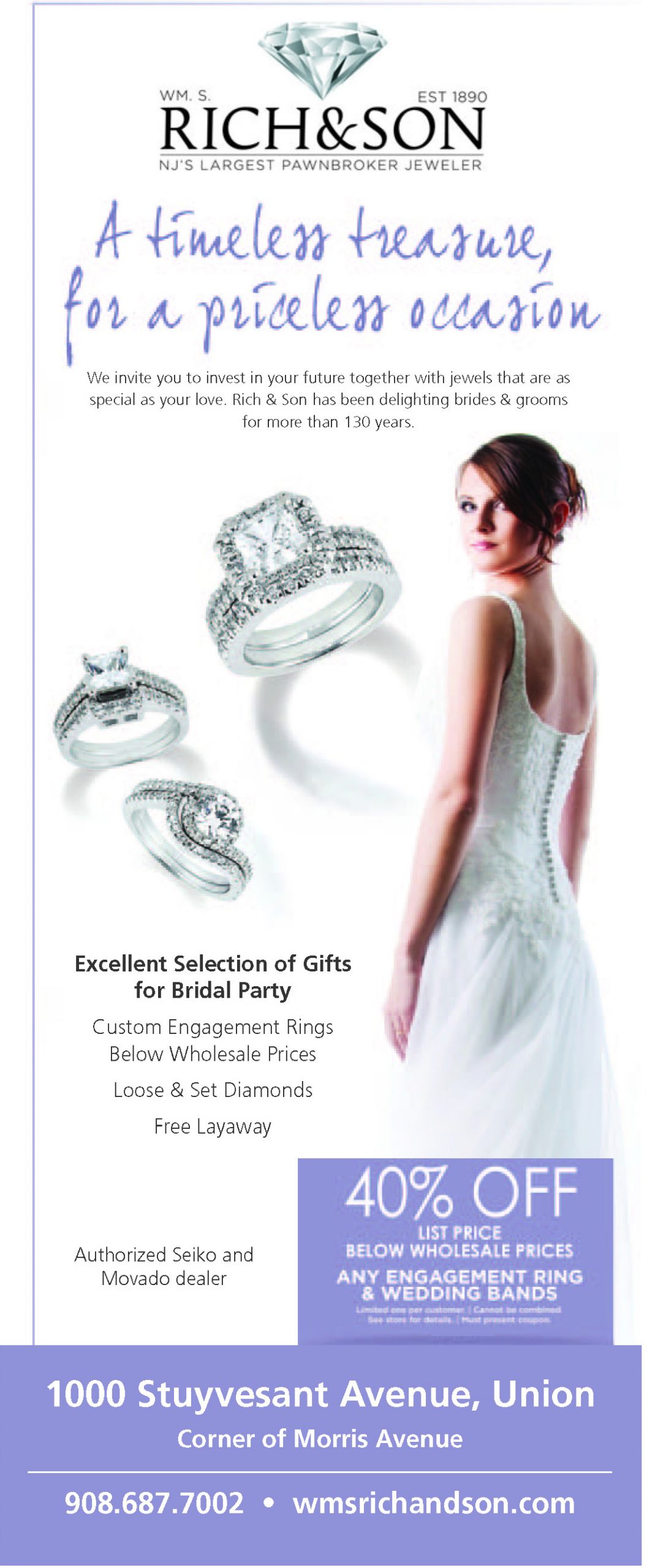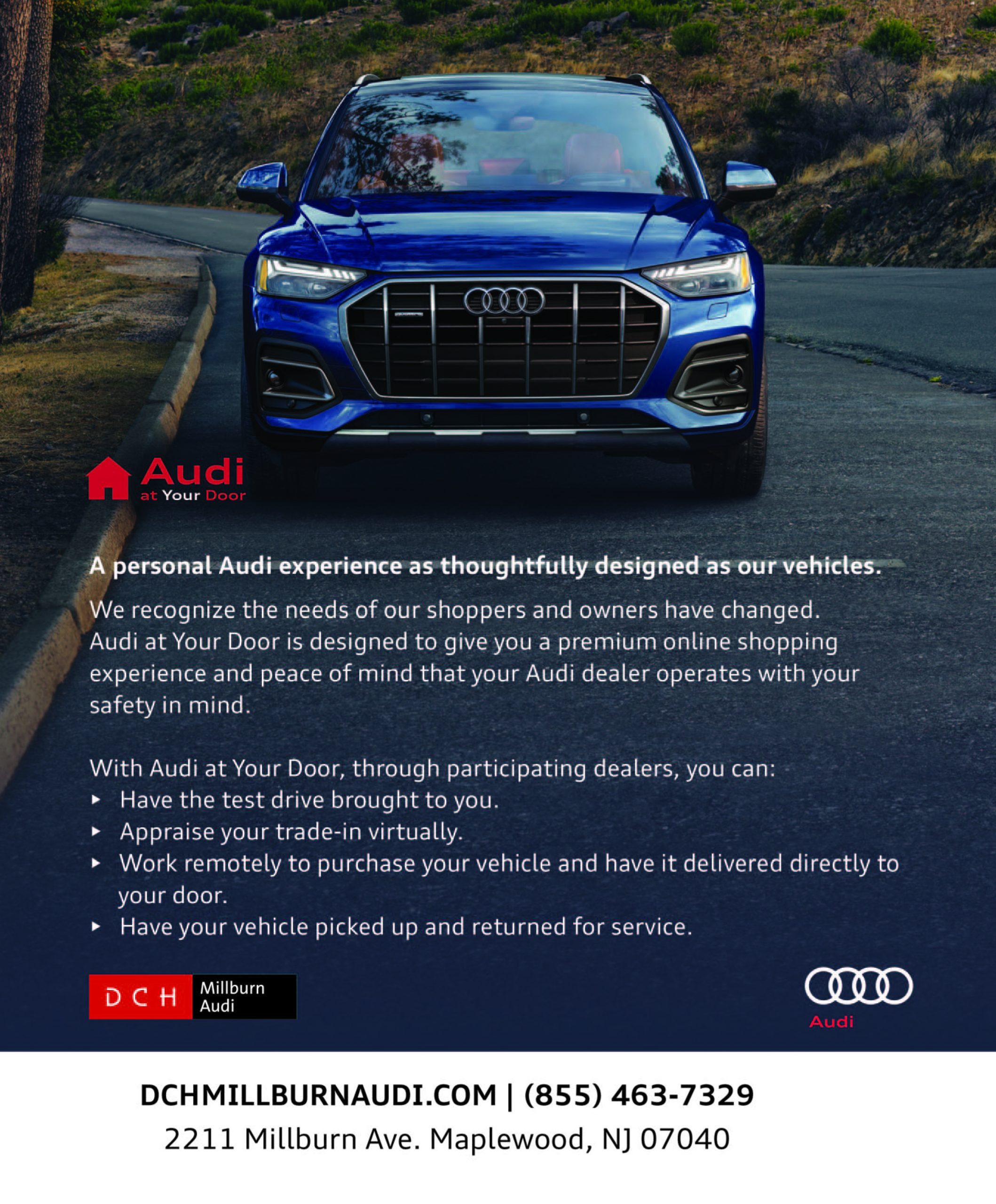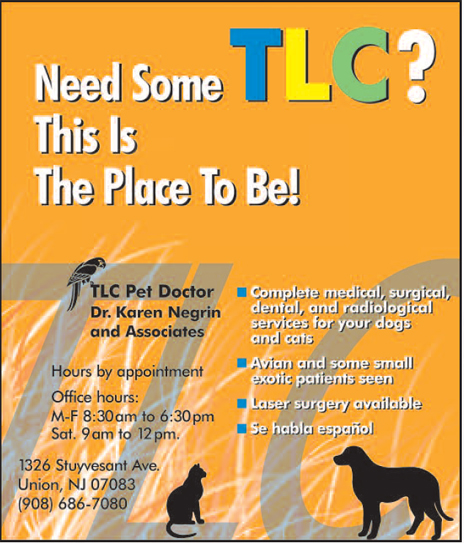We all know someone who is good at everything they try. They instinctively find their groove, never seem to over-reach and succeed again and again where others fail. It makes you a little crazy, but how can you not love their talent and courage? Aisha Tyler has pulled off “good at everything” in the toughest of all spaces—the entertainment business. She has been brilliant as a standup comic, as an Emmy-winning host of The Talk and ringleader of Who’s Line Is It Anyway?, as a star of the beloved animated series Archer, as an unforgettable character on Friends and as a director on the Walking Dead franchise. The next challenge? Her own Brooklyn-based cocktail brand. The challenge for Gerry Strauss was a bit more daunting: slowing Aisha down long enough to cover the vast and ever-expanding landscape of her remarkable career. Is it any surprise that these pages could not contain her?
EDGE: You’ve taken a lot of chances and explored several different directions in your career. This being our “Best Case Scenario” issue, I have to ask: Is there anything that you can think of that you were advised not to do, but did anyway?
AT: I don’t know that I was ever told not to do anything, but I did get a lot of discouraging feedback when I started doing stand-up. I got a lot of This is never going to work. You’re never going to make it anywhere. I’m a grownup and my comedy was always grownup comedy, so my show was always kind of edgy. I had this club owner tell me that I should stop cursing, that my material was too dirty. Then the next guy after me was talking about a little person in the most vulgar fashion and I remember telling this guy he’s a hypocrite. He said, “You’re just a little girl trying to run with the big boys and it’s not going to work.” Later I saw him and he came up to me and he was like, “I always knew you were going—” and I was like, “No, no, you didn’t. No. No, you don’t get to revise history now, buddy. You said I was going to fail.” I’m not a petty person and I don’t hold grudges, but every kid just thinks, Someday I’m going to show them! So I did really enjoy cutting him off.
EDGE: Was standup always a dream of yours?
AT: I wish it was that intentional. As a kid, watching Eddie Murphy’s Raw or Richard Pryor’s Live on the Sunset Strip, I felt like those were magical people that had fallen out of the sky. There was no direct bright line between that and like, Oh, I could do that for a living. I had discovered standup in college but it wasn’t until I got out of school that I realized that comedy could be a vocation. My minor was Environmental Studies and I wanted to work in environmental policy, so I got a job at a conservation group called the Trust for Public Land. I was doing marketing and PR for them. I think the idea was just to take a year or two to work and then go to law school and become an environmental lawyer. In the interim, I realized that working in an office was just highly problematic for me. So I started doing standup, which was obviously the hardest of hard right turns. I was watching a lot of standup on TV and thinking there were some really mediocre comics out there…and I could be mediocre, too. So I tried it once to see if I liked it. I think any standup will tell you that that first set is typically pretty electrifying. Either you fall in love with it right away, or it’s not for you. But just doing it once—and doing it poorly, I might add—I was like, Oh…this is the gig for me!
EDGE: At that point, did success in comedy seem like it would be enough?
AT: Oh, yeah. And it’s not that I’m not an ambitious person. But I found out I could do standup and be able to pay my bills and I thought that might be enough. I was really just focused on trying to be the best standup comic I could be. It was a very mid-level “best-case scenario”—an eh-case scenario, I think [laughs]. It all turned out way better than I envisioned.
EDGE: As you branched out, did you prefer to play fictional characters or find projects, like hosting, where you could be you?
AT: Oh, that’s a good question. Being myself, that’s an easy job, right? For some people, hosting and doing standup live on stage is really discomforting, however I found hosting is a very easy thing for me to do and I quite enjoy it. But I probably preferred acting because I typically like to lean into the stuff that I find most challenging and most difficult. But the host stuff was cake, you know what I mean? Even when I kind of started doing comedy and then I started getting up into drama, I really gravitated towards doing drama. I wanted to do something where I knew I was going to have to stretch myself because I typically prefer the thing at which I’m least proficient.
EDGE: Is that true of directing? I’m thinking of your doing Fear the Walking Dead.
AT: I think so. I find directing to be the most challenging and, on some days, the most frightening—so definitely the most interesting. To go into a space where you’re good at what you do, but you know you have a lot to learn, you know you’re going to be growing and you’re going to constantly be expanding your skillset and your experiences long-term. So yes, it’s definitely true of directing.
EDGE: You won a Daytime Emmy during your time on CBS’s The Talk. What were the biggest challenges of occupying that chair every day?
AT: I don’t mean to be glib, but right from the beginning it was a very easy show to do. As a standup, I was accustomed to speaking contemporaneously and off-the-cuff and being myself. It was a network show and it was for daytime, so sometimes we had to be circumspective and kind of shave off the edges. But as the show became more popular, we were able to speak more freely. I think that’s why it did well when I was there. There was a nice frankness, a kind of emotional openness to the show. It was driven by personal experience rather than politics. I’m a pretty private person, so I did struggle to figure out what about my personal life I wanted to share and what I wanted to keep private. That was always a challenge—to want to be present and forthcoming, to be supportive of the other women, but also wanting to keep some of your life’s details to yourself. I think that’s a normal human inclination, that not everything has to be out there in the open.
EDGE: In regard to your acting résumé, I think your stint as Charlie, Ross Geller’s love interest, is something that will live forever as part of the Friends legacy. Were you nervous inserting yourself into the Ross-and-Rachel dynamic?
AT: No, and I’m sure it was because there was no social media then. I really just didn’t want to suck. I was just trying not to be bad at my job. I will say that there might’ve been a general backlash against anybody who came between Ross and Rachel, but I never had anything but positive feedback, to this day. Charlie Wheeler ended up being a fan favorite. I get 10-year-olds that watch the show now that love her. I think the way that her relationship with Joey and Ross was framed and how it happened, it was all very playful. So yeah, that paleontologist lady, people tended to like her quite a bit. But I was nervous for sure, because it was the best and most popular show on television at the time. It was the peak expression of that kind of comedy and, I think, has held up as a pillar of four-camera comedy.
EDGE: There’s a story out there that you got into acting because of Sam Rockwell—
AT: It is entirely true. We went to the same high school and I thought he was super cute. He went into an improv class and I followed him in there and stayed in there. I mean, not like a stalker [laughs]. I went and hung out with him in improv class and out of school. Luckily, we’re still very close friends to this day, so it all went well.
EDGE: So what’s something about Whose Line Is It Anyway? that most people wouldn’t know?
AT: I’ve said a million times that the guys absolutely don’t know what they’re going to be improvising about until I tell them. There are no cheat-sheets or advanced stuff. So what you wouldn’t know—unless you are in the studio for the taping—is that lots of things don’t go well. They flub a lot. They make mistakes. There’s a lot of stuff that’s not safe for television—a lot of cursing—but it’s always a really playful night. It’s all hilarious. Sometimes it’s perfect and sometimes it’s a mess. But they’re so good at what they do that the whole night is really joyful. Another thing people don’t know is that, in my first season on the show, the sound guy kept complaining because I was laughing too loud. He was like, “Aisha, you need to not enjoy this as much.” I was like, That’s an impossibility.
EDGE: Tell me something that you haven’t done but would like to try.
AT: Two years ago a friend of mine gave me a skydive as a Christmas present. They did that knowing that I was going to be really angry about it, because I do not want to jump out of a plane—but the fact that they challenged me to jump out of a plane means now, of course, I have to show them and jump out of a plane [laughs]. I’m terrified. I’m legitimately terrified to do it. So now there’s just this battle between my ego and my terrified inner child over whether I’m going to ever jump out of a plane. This person knows that I have a little bit of a soft spot and they can just goad me and shame me into doing it, because I won’t be like, You can’t tell me what I’m not going to do. So the skydive is looming on the horizon and giving me palpitations, but we’ll see.
EDGE: Don’t forget a GoPro camera. This can be your next film project.
AT: Or a diaper—I’m not worried about the camera—a large adult diaper. EDGE
The following is bonus web only content:
EDGE: One of your more recent projects is your line of ready-to-drink cocktails, Courage+Stone. Where did you come up with the idea to launch this brand?
AT: I’m a cocktail lover… that’s the easy answer. I would travel for work all the time and I’d go to these great bars—a lot of them in New York—and I would get home and want to have a great drink, but all I would have is light beer in my pantry. I started buying the stuff that you needed to make great cocktails. I quickly was like, This is a lot of work. [laughs] As the kids used to say, “Ain’t nobody got time for that.” So I started making them in batches and keeping them in my fridge so I could come home late on a weeknight when I was tired and just have one great drink without having to make any effort. Then I literally was like, Oh, it would be really great if you could buy these in a store—because most people would probably want the same thing.
EDGE: You began working on this in 2014. What needed to happen to make this brand what you wanted it to be?
AT: It starts with the quality of the base spirit. We really wanted to make sure that we had a real distillery partner so it wasn’t random whiskey in the cocktails or random gin in the cocktails. We looked really hard to find a great distillery partner, people who had great taste. We wanted to know who was touching our liquid and that there was a real team behind it. The whiskey base is three-year-old rye whiskey from a real distillery, made by hand, as are our cocktails. I have photos of me stirring the first batch with a paddle. It’s a real product. Then, everything else had to be premium quality, because I wanted to give people a bar-level experience at home—no corn syrup, no stabilizers, no artificial colors, no garbage of any kind of in these cocktails. From the very beginning, my touchstone was that it had to be a natural product. I was a real stickler for what went into the drink. I wanted it to be something that I would drink, something that my bartender friends would be happy to serve. So yeah, it was really an exact thing about what I wanted and making sure that it was something I was willing to put my name on.
EDGE: Why did you go to Brooklyn to create this product?
AT: There are just a lot of really great craft distilleries in Brooklyn. We took a lot of meetings in Brooklyn. It’s a place that has this kind of maker culture there, right? People are doing things in Brooklyn. It’s not a corporate-type place. You walk around, and there’s just all these great little businesses doing super-cool stuff. So when we were looking at small batch distillers there was a high concentration of people that were performing at a very high level in Brooklyn. It made sense for us as a brand. For me, I really want people to know that when we say handcrafted that’s a true story.
EDGE: I understand that meditation was a big part of your family’s life growing up. Is that a practice you continue?
AT: I really wish that it was. Most people’s moms complain that they don’t call home enough or that they’re not eating well. My mother just complains that I don’t meditate, especially when work is kind of intense. I should meditate, but I don’t. I feel like I have no time to do anything, so sitting still for several moments and focusing on my breathing is way at the bottom of the list. But I should [laughs].
EDGE: Do you think that finding ways to bring your passions into your work has led to a unique brand of success for you?
AT: That’s a really good question and yes, I think so. There’s that greeting card adage about, “Do what you love and the rest will follow” or “Do what you love and you’ll never have to work a day in your life.” Yes, I do think that passion for the things that I’m curious about has been what has driven me, pushed me forward and enabled me. Honestly, at times when things weren’t going the way that I would have hoped or envisioned, they were still the best-case scenario, because I was excited about what I was doing, especially as a filmmaker. The reason I’m a director is because I decided I wanted to direct—and I knew no one was going to give me a break out of the blue. I started making films on my own, making short films. I called all my friends who were in a band and offered to make them a free music video if they let me hang out with them for a few days. I just started doing that and I never felt like that was work. I felt like it was an investment in myself and in my creativity. I was building a body of work on my own without waiting for someone to give me permission. I didn’t hire a crew. I just went and rented a camera for a day and shot it myself, learned how to cut it myself, did everything myself. Then as a result, my understanding of filmmaking and the craft of filmmaking was deepened just by me kind of investing in my own growth. So yeah. I have other friends that want to break into certain areas and they’re like, “Well, I got to wait for someone to give me a job.” I’m like, You absolutely don’t! You can just get in there and do it yourself!

